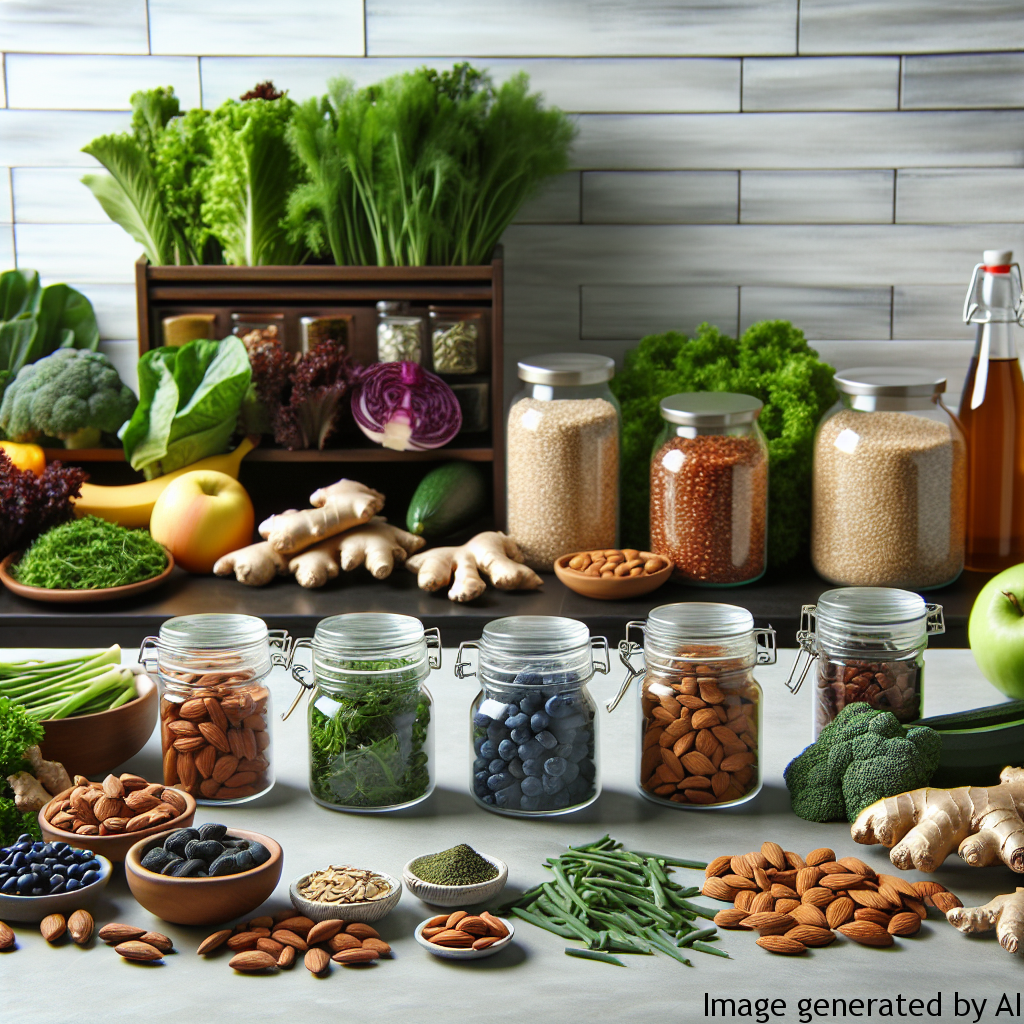Introduction
In an era where medical science continues to unveil important links between our lifestyle, diet, and overall health, there is a growing interest in understanding the link between nutrition and the prevention of migraines. A migraine–a severe, intense headache often accompanied by other symptoms like nausea, vomiting, or sensitivity to light and sound–is a debilitating neurological condition that affects a considerable percentage of the population. Recent scientific evidence suggests that certain dietary habits can aid in reducing the frequency, duration and intensity of migraines. This article takes a deep dive into the role of nutrition in migraine prevention and how certain foods can help or hinder your quest for fewer migraines.
Nutritional Deficiencies and Migraine
Diet, particularly having nutritional deficiencies, may play a pivotal role in triggering migraines. Research suggests that certain nutrients can help prevent migraines or reduce their occurrence.
Vitamin B2 (Riboflavin)
A deficiency in vitamin B2 has been linked to an increased frequency of migraines. Foods rich in riboflavin include eggs, lean meats, milk, green vegetables, and fortified bread and cereals.
Magnesium
Considered to be one of the most effective nutritional remedies for migraines, a reduction in the consumption of magnesium can increase the occurrence of migraines in an individual. To increase the intake of magnesium, one can ingest nuts, seeds, whole grains, avocados, and dark chocolate.
Common Food Triggers
Understanding what triggers a migraine is crucial in preventing the condition. Although triggers vary from person to person, there are common food substances that have been noted to initiate migraines.
Caffeine
Heavy caffeine consumption and sudden withdrawal can lead to migraines. Balancing one’s caffeine intake is key to migraine prevention.
Alcohol
Certain types of alcohol, especially red wine and beer, can trigger migraines in some individuals. If you notice a pattern of migraines after consuming alcohol, it may be wise to abstain or cut back.
Dietary Approaches for Migraine Prevention
Aside from nutritional deficiencies and food triggers, overall dietary patterns could also play a role in triggering migraines. Some approaches show promise in migraine prevention.
The Ketogenic Diet
A diet high in fats and low in carbs can help reduce migraines by altering the body’s metabolic state and reducing inflammation.
Hydration
Dehydration is a potential trigger of migraines. Ensuring that you get plenty of water throughout the day can help keep migraines at bay.
Conclusion
While a certain diet may not work for everyone, monitoring what you eat, staying hydrated and keeping a food diary to identify potential triggers could go a long way in preventing migraines. It’s also advisable to consult with a healthcare professional or a nutritionist to arrange a diet that suits your individual health and nutritional needs. Bear in mind that factors such as sleep, stress, and lifestyle also play integral roles in migraine prevention and should be managed accordingly.

